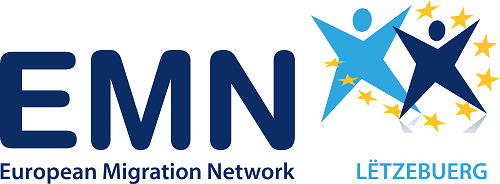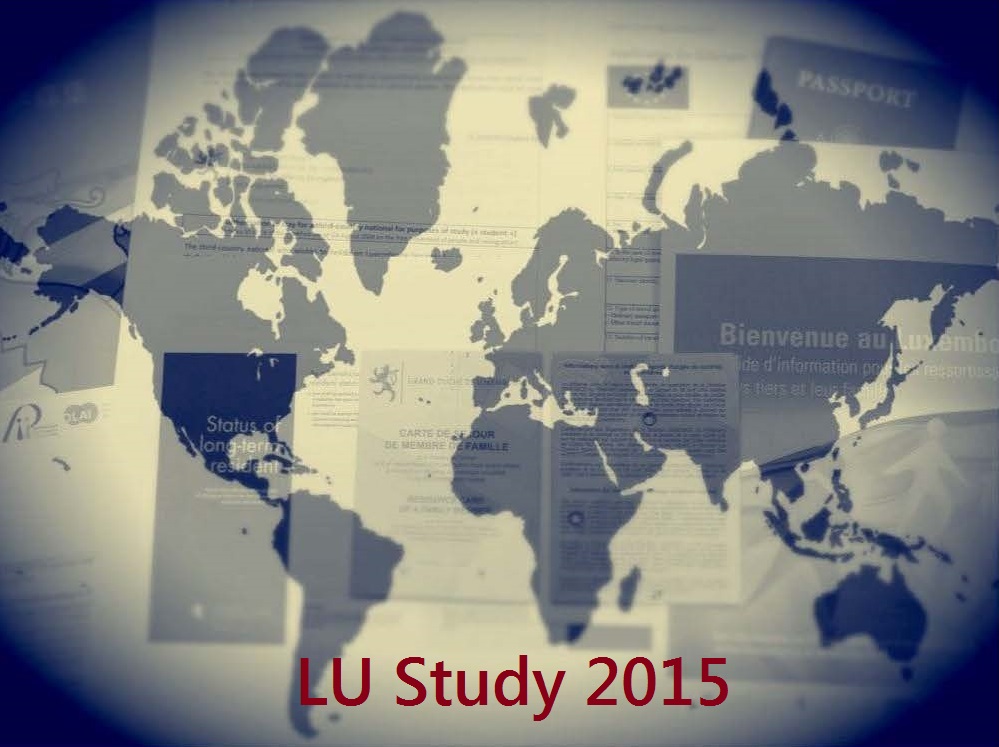This study offers an overview of the Luxembourg immigration legislation which provides for the possibility to switch between categories of authorisations of stay in Article 39 of the amended Law of 29 August 2008 on the Free Movement of Persons and Immigration (hereafter referred to as Law on Immigration). Third-country nationals wishing to stay in Luxembourg for more than three months are required to apply for an authorisation of stay before arriving in Luxembourg.
In regards to changes of statuses, the third-country national with an authorisation of stay for more than three months has the possibility to apply for a different permit provided s/he fulfils the conditions for the category of permit s/he is aiming to change to. The Law on Immigration sets up this principle in its Article 39 (3) and excludes from its application the following categories: students, trainees, volunteers, au pairs and pupils. The rationale behind those exceptions is that those permits are considered temporary by definition, as they are linked to an activity which is limited in time.
A special provision, Article 59 of the Law on Immigration, allows young graduates after the expiry of their student permit to change into the category of salaried worker and have a first work experience in Luxembourg for the limited, non-renewable, duration of two years. After this period the third-country national has to return in his/her country of origin. This provision and its conditions were debated by stakeholders during the elaboration of the Law on Immigration, concerns surrounding the limit of two years’ work experience or the limiting condition of having a contract linked to the diploma obtained in Luxembourg were mentioned.
Article 59 is, however, the result of a compromise between fostering a young graduate’s capabilities with a first work experience and provide for a possibility to fill the gap in the Luxembourg workforce on one hand and on the other mitigate the risk of brain drain for the third-country national’s country of origin.
Other considerations to allow for switches between categories of statuses were of humanitarian nature, such as Articles 76 (family member), 89 (1) (authorisation of stay for exceptional reasons), 98 (victim of human trafficking) and 131 (2) (medical reasons) of the Law on Immigration. These articles aim to increase the autonomy and legal security of vulnerable third-country nationals.
The study also presents the different actors on a national level that might be confronted with changes of statuses as well as the different channels of communication that are available to circulate the information to third-country nationals. The concerned actors may vary from one category of permit to the next, however the Directorate of Immigration will be involved in nearly every case. The Chamber of Commerce also has a part to play in changes into self-employed workers. The main channel of communication, aside from office hours of institutions dealing with migration, is the website www.guichet.lu which centralises all the relevant information.
Taking as a basis the different comments during the elaboration of the Law on Immigration as well as interviews conducted with different stakeholders for the purpose of this study, these changes of statuses are generally perceived in a positive light, with several actors, such as the Chamber of Commerce or Fondation Caritas, arguing in favour of lighter requirements to allow for such switches, especially where changes for humanitarian grounds are concerned.
The topic of changes of statuses of immigration has not as of yet attracted interest in Luxembourg. There is no data or study available on the topic and it has not triggered any large debate on the national level.
Nevertheless, several good practices can be put forward. In fact, whenever the Directorate of Immigration or another organisation providing advice on immigration, notices a possibility for a third-country national to obtain a permit that is more favourable, this will be brought to the attention of the concerned person. The Directorate of Immigration has also proven flexibility and understanding in situations including children. A further notable good practice is the extensive support provided to third-country nationals aiming to change into self-employed worker by the Chamber of Commerce.
Finally, the constant information sharing between the relevant actors consists a good practice with enormous potential as it draws the discussion into practical concerns faced with the implementation of the Law on Immigration.

